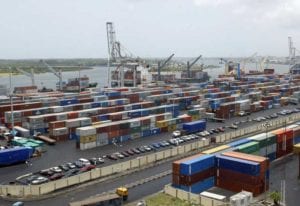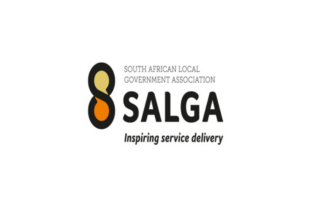There is a strong indication that port users are worried over the indiscriminate charges terminal operators and shipping companies impose on importers’ consignments.
This is as industry stakeholders, who took turn to examine shipping charges at a one-day free clinic in Lagos on Arbitrary Shipping Charges at port, raised alarm on high and indiscriminate shipping and cargo charges at port. According to them, the port system is also experiencing double charging on freight, especially terminal handling charges which importers pay to shipping companies at the port of loading and to terminal operators at the destination ports. This, they say, gives rise to high cost of doing business at port. Eugene Nweke, national president, National Association of Government Approved Freight Forwarders (NAGGAF), who raised the double terminal handling charges alarm, noted that shipping companies who had already collected terminal handling charges at the port of loading are supposed to pay terminal operators at the destination port, not the importer. Nweke, who blamed Nigerian Shippers’ Council (NSC), an agency saddled with the responsibility of regulating port charges, for the inability to publish legitimate charges in the national dailies for the knowledge of both the shippers and port operators, also mandated the NSC to endeavour to always publish these charges.Olu Ogunojemite, a retired comptroller of Customs, while affirming that there were formal and informal charges at the ports, added that the informal charges were more than the formal ones.
He believed that the new single window system introduced by the Nigeria Customs Service (NCS) would solve the problem of arbitrary charges at port. He, however, called on stakeholders to collaborate on finding a lasting solution to the problem. On the way forward, Dabney Shall-Holma, director, commercial shipping service of the Council, advocated the adoption of a consolidated charging system, as it obtains at ports in West and Central Africa sub-region. This, she said, would put an end to the problem of arbitrary shipping charges at the port, as it would checkmate the issue of discrepancies in the payment of Customs duties and other charges by importers and their agents. “If a terminal charge is to be remitted, for instance, in all previous negotiations with terminal operators and shipping companies, we have come to an understanding that shippers are charged only at the point of delivery; and the charge must be consolidated, so that the person will be charged for both terminal delivery and transfer, handling, documentation and other administrative fees inclusive to give a consolidated charge,” she said, noting that Nigeria can only implement a consolidated charge regime if there was synergy between all parties involved in the logistics chain process. She also added that a clearing house would be needed to be in charge of remitting the payments to the different accounts. Adamu Biu, executive secretary, NSC, in his welcome address, noted that the clinic was organised so that the Council would make use of stakeholders’ recommendations to solve the problem of arbitrary charges, which he blamed for high cost of doing business at the ports.He assured that issues of shipping charges, terminal and container charges would be looked into.







